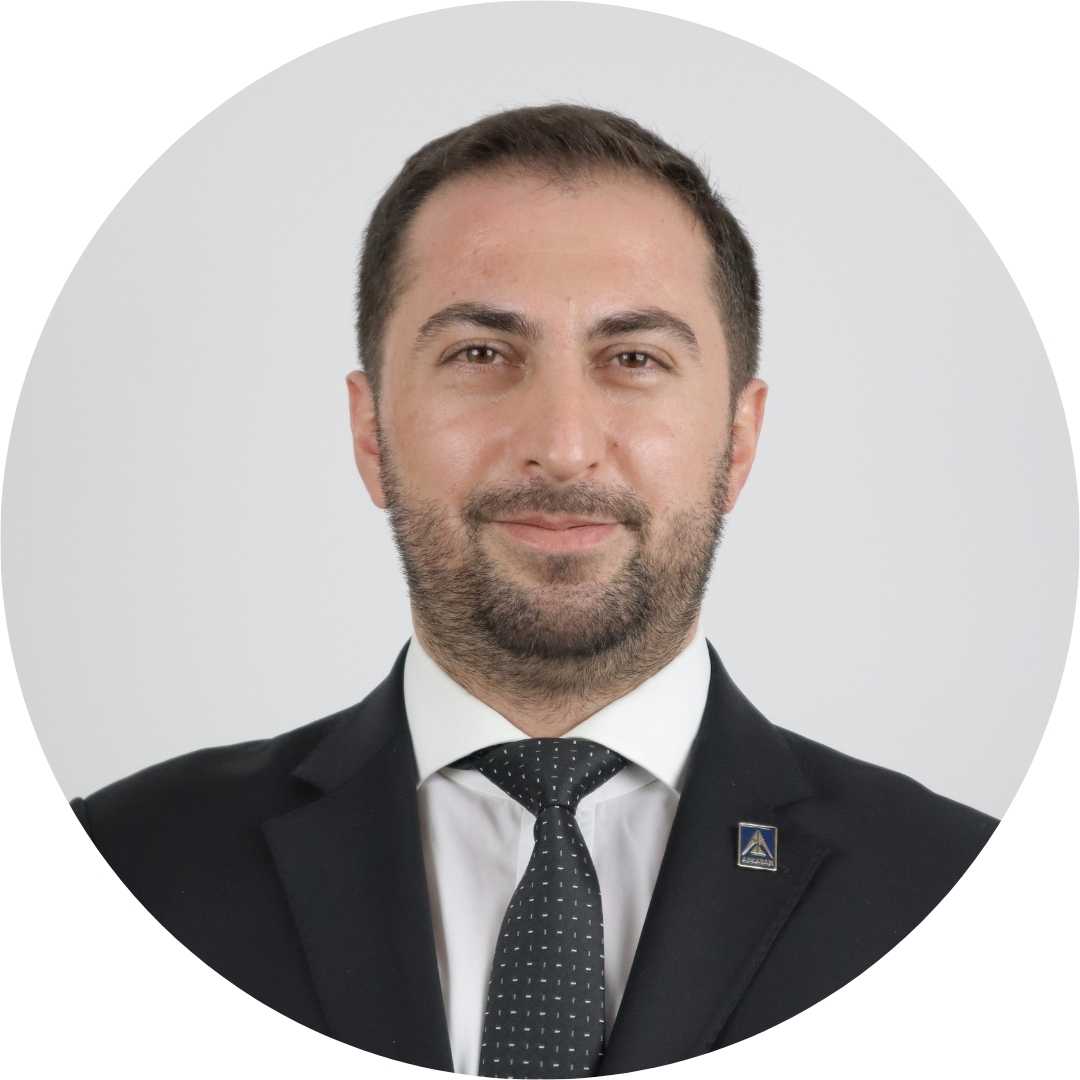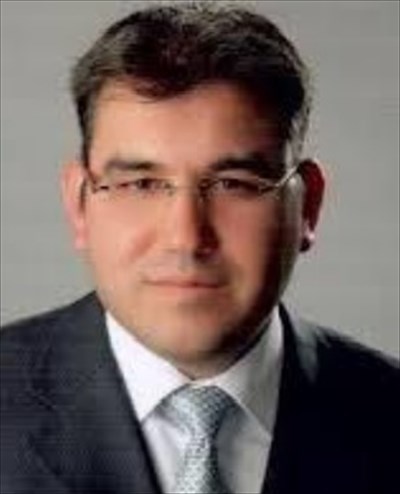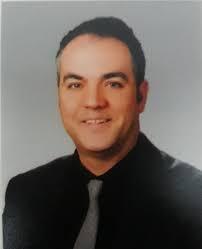While also implementing strategic summit diplomacy in platforms such as the Balkan Peace Forum and peace negotiations between Russia and Ukraine, Turkey has played a pivotal role in resolving the Karabakh issue between Azerbaijan and Armenia. In addition to these efforts, Turkey has hosted nuclear negotiations involving Germany, the United Kingdom, and France with Iran.
In this context, experts evaluating Turkey’s mediator role for the Center for Crisis and Political Studies (ANKASAM) emphasize that such summits will not only enhance Turkey’s international prestige but also provide the country with a more influential voice in shaping the emerging global order.
Accordingly, ANKASAM presents the insights of Asst. Prof. Kadir Ertaç Çelik, ANKASAM Genel Secretary and Asst. Prof. at Ankara Hacı Bayram Veli University, Prof. İsmail Şahin, Head of the Department of Political History and International Relations at Bandırma Onyedi Eylül University; Assoc. Prof. Dr. Ergenekon Savrun from Ufuk University.
Asst. Prof. Kadir Ertaç Çelik, Hacı Bayram Veli University: Turkey has long moved beyond its passive role as a frontline state actor during the Cold War era.
Emphasizing that Turkey now occupies a key position in addressing global issues, Asst. Prof. Kadir Ertaç Çelikstated: “Turkey’s power can be defined as Smart Power. This is because, in order for a state to assume a mediating or problem-solving mission in crises, conflicts, or broader international disputes, it must be able to effectively employ both hard and soft power instruments. This combination reflects a Smart Power motivation.”
Highlighting that Turkey has acted with the motivation of not having completely lost any regional or global crisis it has entered since the establishment of the Republic, Assistant Professor Kadir Ertaç Çelik stated that Turkey’s current position in politics reflects that it has long surpassed its passive role as a frontline state actor during the Cold War era and has moved beyond the disruptive role assigned to it in the post-Cold War period. Today, Turkey is a game-maker and will continue to be so. It holds a broad sphere of influence ranging from the United Nations agenda to climate relations and decision-making processes.
Within bilateral, regional, and global dynamics, as well as in the geopolitical context, Turkey possesses significant power, a positive image, and a cohesive structure strengthened by the effectiveness of its decision-making mechanisms through its role as a game-maker in the geopolitical balance. This position also renders Turkey a guiding actor.
Addressing the positive approach of various actors towards Turkey, Assistant Professor Kadir Ertaç Çelik noted that Turkey has thus become an actor that sustains practices as a mediator, friendly initiator, or problem solver in resolving such issues. He emphasized that Turkey functions as a reliable and influential actor capable of exerting impact on the parties involved and, if necessary, establishing deterrence. Through its military capacity, political capability, and international geopolitical position, Turkey has attained this power and motivation. And these developments are manifested through clear and tangible processes.
Prof. İsmail Şahin, Head of the Department of Political History and International Relations at Bandırma Onyedi Eylül University: The Antalya Diplomacy Forum symbolizes Turkey’s pursuit of positioning itself as a center for conflict resolution in the future.
Addressing the significance of the summits held in Istanbul, Prof. Dr. İsmail Şahin stated that, in light of these developments, Turkey’s diplomatic activities have rapidly diversified, and investments in diplomacy have gained significant momentum. Alongside this diversification, Turkey not only addresses its domestic issues but also engages with regional problems and offers solutions. This has led to the emergence of a new diplomatic climate, positioning Turkey as an actor contributing to the resolution of crises in its region.
Highlighting Turkey’s role in resolving numerous crises in its surrounding region, Prof. Dr. İsmail Şahin emphasized that Turkey has played a significant role in mediating and facilitating diplomatic negotiations in regional issues such as the Ukraine-Russia crisis, the nuclear disputes between Iran and Europe, the Karabakh conflict, Libya, and Syria. Another important step supporting these developments is the Antalya Diplomacy Forum, which was established in the early 2020s. This forum symbolizes Turkey’s pursuit of positioning itself as a center for conflict resolution in the future. Turkey aims to reshape diplomacy not only as a platform for discussing problems but also as a space where solutions are actively proposed. The Antalya Diplomacy Forum has made a significant contribution to realizing this objective.
Addressing Turkey’s active role in resolving global-scale issues, Prof. Dr. İsmail Şahin noted that, upon examining the participant profiles and topics discussed, it is evident that Turkey does not only address matters related to its own foreign policy but also actively contributes to solving regional and global problems. Thanks to the diversity of its diplomatic climate and the investments, Turkey has become a key country in seeking solutions to global challenges. At the core of this progress lies the strengthening of Turkey’s infrastructure and its capacity to successfully organize international summits.
Emphasizing the importance of Turkey’s accelerated strategic summit diplomacy in recent years, Prof. Dr. İsmail Şahin stated that having the necessary infrastructure is crucial for a country to organize an international summit. Logistics, security, and accommodation infrastructures are critical for such events. Turkey has significantly developed this infrastructure in cities like Istanbul, Antalya, and Ankara, reaching a capacity to professionally provide all the facilities required by world leaders and delegations. However, a mindset change toward diplomacy alone is not sufficient; infrastructure investments necessary to implement this mindset are equally important. While diversifying its diplomatic climate, Turkey is simultaneously making substantial investments in the infrastructures that will enable this diplomatic environment to function most effectively.
Assoc. Prof. Ergenekon Savrun, Faculty Member at Ufuk University: Turkey has now emerged as a key center for diplomacy.
Emphasizing that these summits are a significant indicator of trust in Turkey, Assoc. Prof. Ergenekon Savrun stated that the trust countries place in Turkey stems from the fact that Turkey, not only throughout the Republican era but also since the Ottoman period, has maintained a justice system, reliability, and consistent steps in foreign policy. Particularly in recent years, this has led both the Western and Eastern worlds to view Turkey as a reliable actor. Because Turkey adheres consistently to its words and actions—avoiding any erratic behavior such as taking one step forward and two steps back—countries including the Russian Federation, the United States, Iran, and various others place great trust in Turkey.
Continuing his remarks, Savrun stated that Turkey has already brought conflicting parties together, as seen in the example of Somalia. Moreover, countries that were former colonies in the 19th and 20th centuries recognize that Turkey does not exhibit a colonial approach and regard Turkey as a friendly actor. Through its public diplomacy and soft power efforts, Turkey engages with these countries as strategic partners.
Drawing attention to the fact that some countries view Turkey’s strategic summit diplomacy competitively, Savrun stated that naturally, there are parties who oppose this. These include countries like Israel and others whose interests are challenged or who see Turkey as a rival. France can also be mentioned as an example. Some countries do not want to see Turkey’s rise or the establishment of lasting peace in the region. Nonetheless, Turkey has consistently established itself as a diplomatic actor in issues such as the Ukraine crisis, the Iran nuclear issue, and other related matters.



